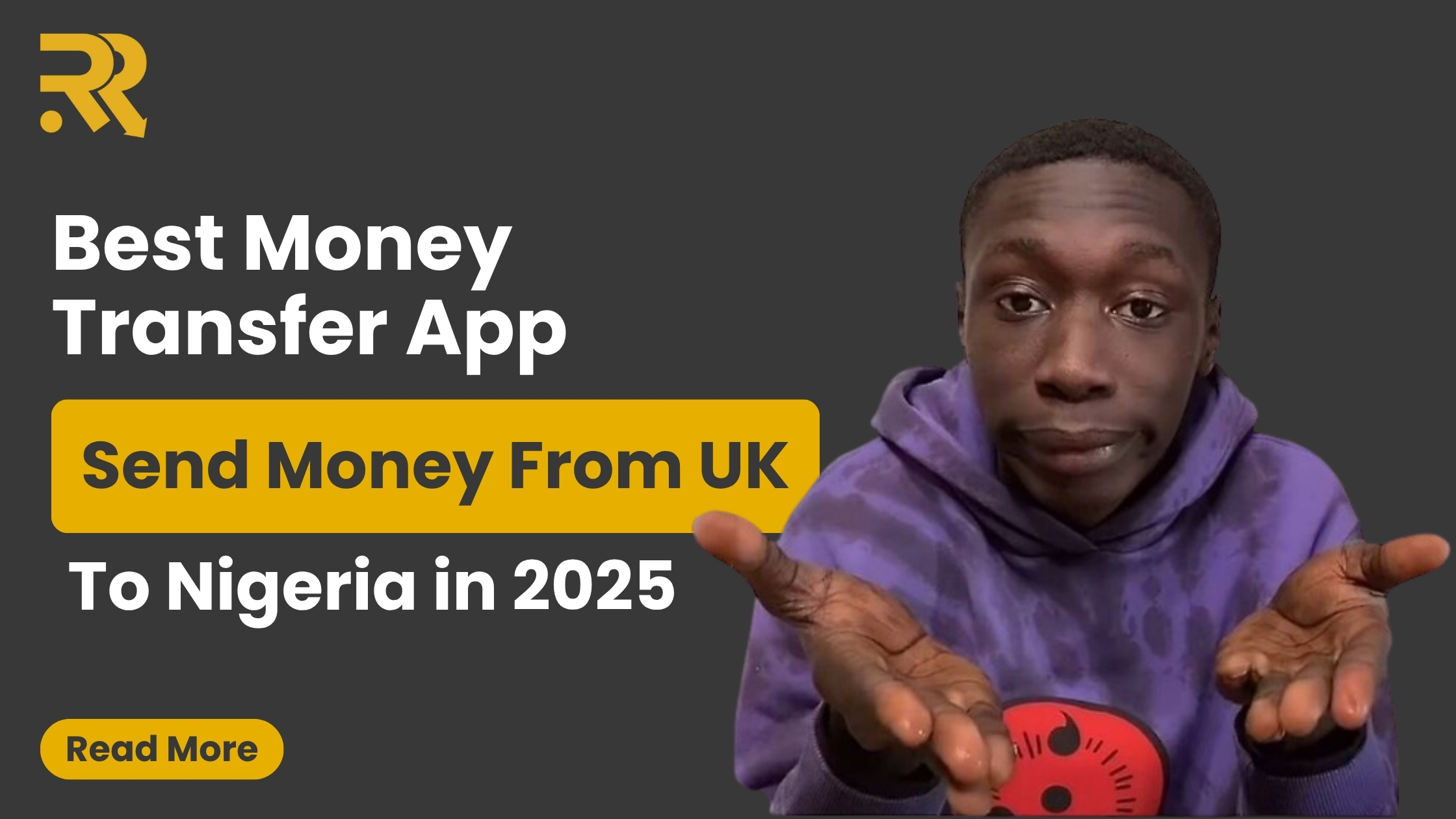Global Surge in International Money Transfers: How People Send Money Internationally in 2025
18 November 2025

In an increasingly interconnected world, the ability to send money internationally has become both a necessity and a lifeline for millions. From expatriates supporting families back home to businesses paying overseas suppliers, the international money transfer market is booming, with new technologies, regulations, and providers reshaping the landscape. As remittances to countries like Nigeria reach record highs, understanding the mechanics, costs, and options for sending money abroad is more crucial than ever.
The Expanding World of International Money Transfers
The global remittance market is valued at over $540 billion and continues to grow steadily as migration and cross-border commerce accelerate. The term international money transfers encompasses a wide range of transactions, from personal remittances to business payments, and involves a complex network of banks, money transfer operators (MTOs), and fintech platforms.
Why People Send Money Internationally
Family Support: Migrants working abroad often send money home to support relatives, pay for education, or cover medical expenses.
Business Transactions: Companies pay for goods, services, or salaries to international partners and employees.
Education: Students abroad need funds for tuition, accommodation, and other expenses.
Travel: Travelers may require access to emergency funds or support while abroad.
Investment: Individuals invest in property or businesses overseas.
How International Money Transfers Work
Sending money internationally involves transferring funds from one country to another, often involving the conversion of currencies in the process. The process can be completed through banks, specialist money transfer services, or digital platforms.
The Step-by-Step Process
Choose a Provider: Options include traditional banks, online money transfer services, and fintech apps.
Set Up an Account: Registration usually requires personal identification and sometimes proof of address.
Enter Recipient Details: Full name, address, bank account number (often IBAN), and the recipient bank’s SWIFT/BIC code are required.
Select Amount and Currency: Specify how much to send and in which currency.
Pay Fees: Providers charge fees that may be fixed or a percentage of the amount sent. Exchange rates also impact the total cost.
Transfer and Track: After payment, the provider processes the transfer, which can take from minutes to several days, depending on the method and destination.
Comparison: Banks vs. Money Transfer Operators vs. Fintech Platforms
Traditional banks are often used for high-value or business-related transfers, but they tend to be more expensive due to high fees and less competitive exchange rates. MTOs like Western Union, MoneyGram, and fintechs such as Wise and OFX offer faster, cheaper, and more flexible alternatives.
Nigeria Remittance Services: A Case Study in Regulation and Innovation
Nigeria is one of the world’s top remittance destinations, with millions relying on funds sent from abroad. In response to concerns about unfair exchange rates and transparency, the Central Bank of Nigeria (CBN) has taken significant steps to regulate the sector.
In recent years, the Central Bank of Nigeria (CBN) published a list of approved international money transfer operators (IMTOs), including major players like Flutterwave, Interswitch, PayPal, and Western Union. Only these licensed IMTOs are permitted to handle diaspora remittances, and recipients must be paid in foreign currency rather than naira. This move aims to protect beneficiaries from being shortchanged and to ensure that the full value of remittances reaches families in Nigeria.
How to Send Money Home to Nigeria
Choose an approved IMTO: Use only CBN-approved providers for legal and secure transfers.
Select payout method: Recipients can receive funds in foreign currency, either as a bank deposit or cash pickup.
Compare fees and rates: Different providers offer varying fees and exchange rates; comparing options can save money.
Key Considerations When Sending Money Internationally
Fees and Exchange Rates
The cost of international money transfers depends on both fixed fees and the exchange rate margin. Banks typically charge higher fees and offer less competitive rates, while specialist providers and fintechs can offer more transparency and better value.
Transfer Speed
Cash pickups and mobile wallets: Often available within minutes.
Bank transfers: Typically take 1–5 business days, depending on the provider, destination, and time zones involved.
Transfer Limits
There are usually no legal limits on the amount you can send from the UK, but individual providers may impose their minimum and maximum limits. For example, some platforms require a minimum transfer of £5,000, while others cater to smaller, everyday remittances.
Security and Regulation
Always use regulated providers. In Nigeria, only CBN-approved IMTOs are allowed to process remittances, ensuring compliance with anti-money laundering and consumer protection standards.
Technological Innovations: The Rise of Digital and Mobile Transfers
The rapid growth of fintech has transformed the way people send money internationally. Mobile apps and online platforms now allow users to transfer funds globally with just a few taps, offering real-time tracking and instant notifications.
Popular Digital Platforms
Wise: Known for transparent, low-cost transfers using mid-market exchange rates.
OFX: No transfer fees and operates in over 190 countries, ideal for larger transfers.
Xoom (by PayPal): Fast, app-based transfers to over 160 countries, including Nigeria, with flexible payout options.
These platforms are particularly popular among younger, tech-savvy users and those sending regular remittances home.
Challenges and Future Trends
Despite the progress, challenges remain. Cross-border transfers can still be costly, especially for those without access to digital banking. Regulatory changes, currency volatility, and geopolitical risks can also impact the flow and cost of remittances.
Looking Ahead, the Industry is likely to see:
Greater transparency: More providers are publishing real-time fees and rates.
Increased competition: New entrants and technologies will drive down costs.
Expansion of mobile money: Particularly in Africa, mobile wallets are becoming the preferred method for receiving funds.
Enhanced security: Biometric authentication and AI-driven fraud detection are improving trust and safety.
Conclusion: The Lifeline of Global Remittances
The ability to send money internationally is vital for families, businesses, and economies worldwide. As technology advances and regulations evolve, consumers have more choices, better rates, and greater convenience than ever before. For Nigerians and millions of others, reliable remittance services are not just financial transactions; they are a lifeline, connecting loved ones and supporting communities across continents.




